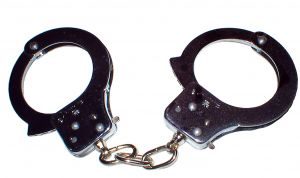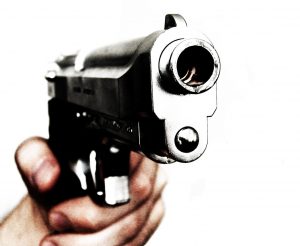Police call it a “modern-day neighborhood watch,” a proliferating network of surveillance cameras affixed to the doorbells of private residences. Florida criminal defense lawyers are increasingly wary, citing concerns about privacy – especially because police from here to Houston have been “gifting” these devices to homeowners – using taxpayer money – with the caveat that they must turn these devices over to police upon request (something Amazon – the company that acquired the firm for $1 billion last year – said it will be “cracking down on”).
This was at least the case in Houston, and criminal defense attorneys recognize that it raises the question of possible violations of citizens’ Fourth Amendment right against unreasonable search and seizures. If any arrests were made based on footage police demanded an unwilling homeowner fork over, it’s plausible that evidence could be suppressed.
CNet reports more than 50 local police departments have been partnering with the manufacturer of these “smart doorbells” to give them away free, cheaply or with a $3-a-month “subscription service” that allows police to tap into these feeds whenever they want. In some neighborhoods, police can tune in to watch – and record – what’s happening in real time on surveillance footage. Continue reading
 Fort Lauderdale Criminal Attorney Blog
Fort Lauderdale Criminal Attorney Blog











